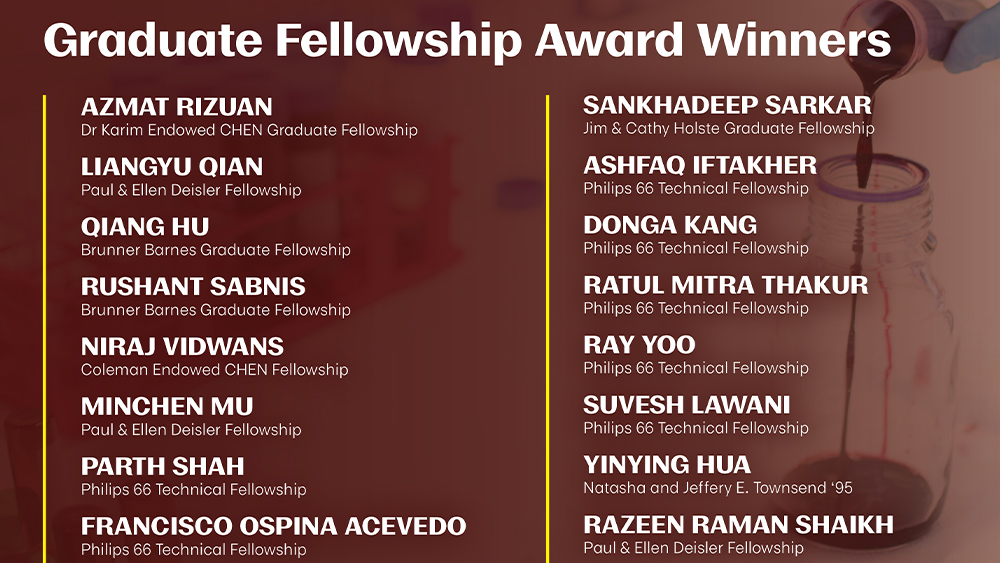
Fourteen students are now ready to make their own contribution to the chemical engineering community after receiving varying scholarships to advance their research.
The Artie McFerrin Department of Chemical Engineering at Texas A&M University began awarding various scholarships in 2014 and has assisted over 70 students. More scholarships have become available throughout the years, resulting in approximately seven fellowships at the doctoral level.
This year’s students include Ashfaq Iftakher, Azmat Rizuan, Donga Kang, Francisco Ospina-Acevedo, Minchen Mu, Niraj Vidwans, Parth Shah, Qiang Hu, Ratul Mitra Thakur, Ray Yoo, Rushant Sabnis, Razeen Raman Shaikh, Sankhadeep Sarkar, Suvesh Lawani and Yinying Hua.
“Graduate students are integral to our academic community,” said Dr. Fasial Khan, interim department head and chemical engineering professor. “They come from diverse backgrounds with outstanding academic performance and commitment to do better.”
Whether they pursue industry or academics, Khan is certain students will leave no stone unturned to ensure their success.
“They are the source of our success,” Khan said. “They strive to make impactful contributions by discovering novel materials and processes and implementing the system’s approach for safe and sustainable process and product development. They are true champions of excellence.”
Receiving the fellowships has provided several students with financial peace of mind and encouragement as they complete their academic journey.
“I think as a student, we do care a lot about money and our financial situation,” said Hua, who received the Natasha and Jeffery E. Townsend Fellowship. “With this fellowship, I can at least not be worried about the next semester and can be focused on my job hunting and my research.”
Iftakher, who received the Philips 66 Technical Fellowship, agrees. He said the support relieves some of the financial strain and will also serve as a powerful motivation for the remaining two years of his Ph.D. research as he focuses on developing novel mathematical optimization models for decarbonizing the chemical industry.
“The chemical industry stands as one of the largest industrial energy consumers in terms of direct CO2 emissions,” Iftakher said. “With my research, I strive to mitigate the carbon footprint of chemical industries by designing optimal intensified processes involving mixed-integer decisions. For their efficient solution, I leverage classical and quantum computing-based optimization techniques.”
While others also plan on going the industry route, Iftakher plans on pursuing an academic career at a reputed university.
“In academia, I think I will have the intellectual freedom to pursue cutting-edge research,” he said. “When you work in academia, it might be that you want to work on an exciting idea as you're pursuing your interest.”
To receive the fellowships, the students submitted a research summary of their work and how it ties into their future plans.
Hua’s work focuses on membrane-based gas separation to reduce energy consumption.
“I'm conducting research focused on enhancing electrocatalyst stability and activity,” said Ospina-Acevedo, who also received the Philips 66 Technical Fellowship. “This involves incorporating transition metal doping into base metal oxide materials. The goal is to develop cost-effective and durable materials with high activity and stability for proton-exchange membrane (PEM) electrolyzers, which are used in water electrolysis for hydrogen production.”
Additionally Mu, who received the Paul & Ellen Deisler Fellowship, is researching the development of multifunctional antibacterial coating that includes some nanomaterials. Mu plans on working in the industry in research and development to work through applications in the real world.
Meet the 2023 chemical engineering graduate fellows
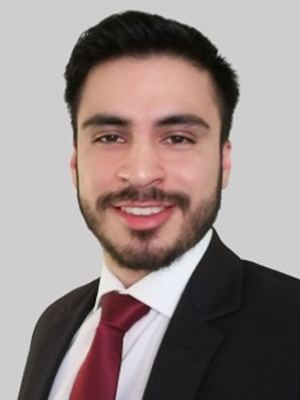
Francisco Ospina Acevedo: Acevedo is the recipient of the Phillips 66 Technical Fellowship for 2023-2024. He obtained his bachelor's degree in petroleum engineering with a focus on flow assurance and molecular dynamics simulations from Universidad Industrial de Santander, Colombia. He's currently a fourth-year doctoral student working in Dr. Perla Balbuena's Computational Materials Group, where his research focuses on understanding catalytic and electrocatalytic reactions for energy conversion and storage, studying surface and surrounding media effects. Currently, he's a TEX-E Fellow for 2023-2024, a partnership between Texas universities, MIT and Greentown Labs with the goal of creating a strong student-led energy entrepreneurship ecosystem in Texas.
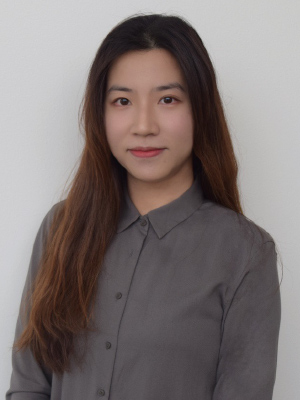
Yinying Hua: Hua received her bachelor’s and master’s degree in chemistry from Nanjing Tech University, China and joined the chemical engineering doctoral program at Texas A&M in 2020. She is working with Dr. Hae-Kwon Jeong, professor in the chemical engineering department. Hua’s research focuses on metal-organic framework based mixed matrix membranes for gas separation. She has authored 10 peer-reviewed journal articles, has one pending patent and has delivered several technical presentations.
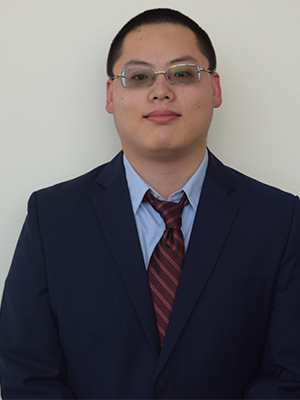
Qiang Hu: Hu is the recipient of the Brunner Barnes Graduate Fellowship. He achieved his Bachelor of Science in chemical engineering from Rensselaer Polytechnic Institute and joined the chemical engineering department at Texas A&M in 2019 as a Ph.D. student. He is working alongside Dr. Hung-Jen Wu, associate professor in the chemical engineering department. Hu’s research interests include point-of-care sensor development by using surface-enhanced Raman spectroscopy and machine learning. He is the recipient of the best presenter award in the society for glycobiology 2022 annual meeting and 10th Chemical Engineering Graduate Student Association Symposium.
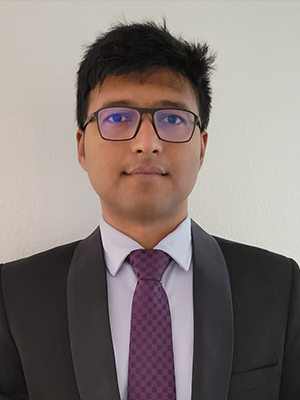
Ashfaq Iftakher: Iftakher is awarded the Phillips 66 Technical Fellowship. He received his bachelor of science and master of science in chemical engineering from the Bangladesh University of Engineering and Technology and joined the doctoral program at Texas A&M in 2021. He is working with Dr. M. M. Faruque Hasan, associate professor in the department of chemical engineering. Iftakher’s research focuses on developing methods and tools employing data-driven global optimization and mixed-integer optimization using quantum computing with the overarching goal to decarbonize the chemical industry through efficient process design and intensification. He has authored eight peer-reviewed journal articles, including five as the lead author.
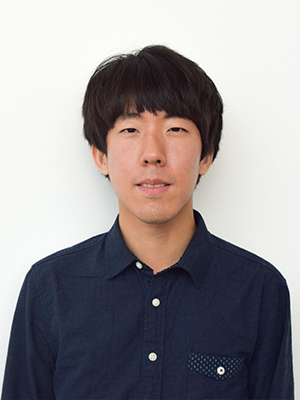
Donga Kang: Kang is the recipient of the Phillips 66 Technical Fellowship. He received his bachelor's and master’s degrees in chemical engineering from Yonsei University in South Korea and joined Texas A&M in 2021 for a doctoral degree in chemical engineering. He is working with Dr. Hae-Kwon Jeong and his research focuses on developing novel materials and processes to produce high-performing membranes and adsorbents for the gas separation. With six peer-reviewed articles, his latest first-authored paper was chosen as the Editors’ Choice Article in Journal of Membrane Science, showcasing his impactful contributions to the field.
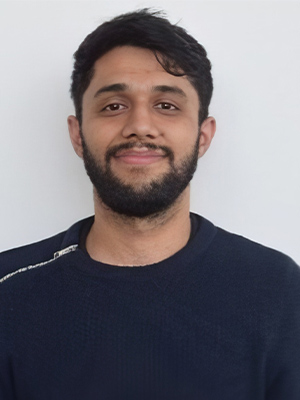
Suvesh Lalwani: Lalwani received his Bachelor of Engineering (hons.) in chemical engineering from Birla Institute of Technology and Science, Pilani, India. He is currently a Ph.D. student at Texas A&M under Dr. Jodie Lutkenhaus. His research mainly focuses on understanding the dynamics of polyelectrolyte chain in polyelectrolyte complexes and multilayers. So far, he has written four peer-reviewed journal articles — as a first author for one in the American Chemical Society’s ACS Macromolecules journal — and has presented his research at multiple conferences.
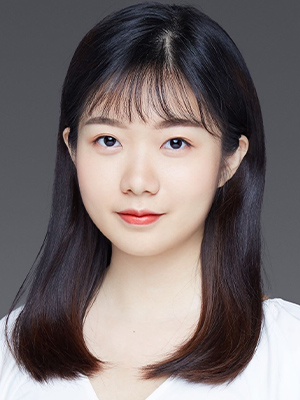
Minchen Mu:Mu earned her master’s degree from Carnegie Mellon University and joined the doctoral program at Texas A&M in 2020. She is working with Dr. Akbulut in the department of chemical engineering. Her research focuses on the interaction between colloidal particles and surfaces, and the development of functional surfaces. She has authored eight peer-reviewed articles including three first-author papers.
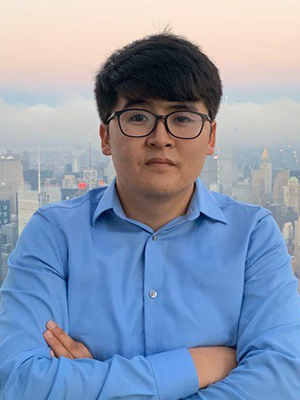
Azamat Rizuan:Rizuan received the Dr. Nazmul Karim Endowed Chemical Engineering Fellowship. He completed his Master of Engineering in chemical engineering at Columbia University, New York City, in 2020. Currently pursuing his Ph.D. at Texas A&M, Rizuan works under the supervision of Dr. Jeetain Mittal. His research centers on leveraging multi-scale molecular dynamics simulations to investigate phase separation phenomena in disordered and multi-domain proteins. His primary focus involves unraveling the molecular interactions driving TDP-43 phase separation and aggregation. Rizuan has authored five peer-reviewed journal articles, including two as the first author.
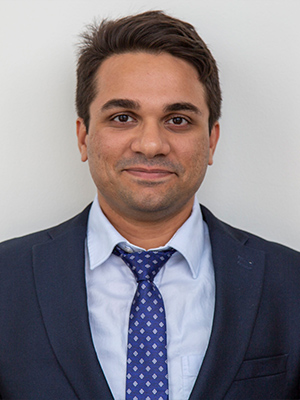
Rushant Sabnis:Sabnis is a graduate student in Dr. Sun's research group, holding an undergraduate degree from the Institute of Chemical Technology in India. His research focuses on creating cost-effective, error-free, long DNA sequences for DNA-based data storage. He is also using methanotrophic bacteria for methane fixation. Sabnis has co-authored three peer-reviewed articles and been involved in graduate student organizations like the Indian Graduate Student Association and Chemical Engineering Graduate Student Association. He also serves as a graduate student member on the Aggie Honor Council.
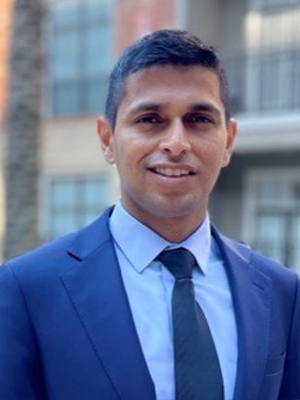
Sarkar Sankhadeep: Sankhadeep is the recipient of the Jim & Cathy Holste Graduate Fellowship. He is a doctoral candidate in chemical engineering in Dr. Faisal Khan’s research group, co-advised by Dr. Mahmoud El-Halwagi. His research focuses on high-fidelity battery modeling, thermal characterization, and probabilistic reasoning to assess overall reliability (multiple publications in electrochemistry and safety-based journals). Sankhadeep is also an energy innovation fellow for Greentown Labs (climate-tech startup incubator), an operations team member for Ocean Energy Safety Institute (a consortium to accelerate energy safety and sustainability) and an active participant of AIChE fuel and petrochemical division’s activities.
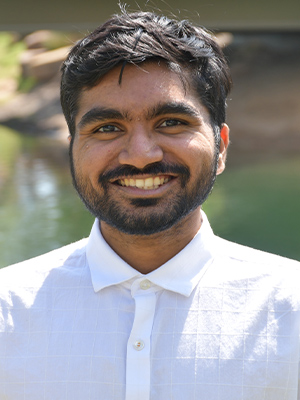
Parth Shah: Shah is a Ph.D. student in chemical engineering at Texas A&M. He completed his bachelor's degree at NIT Tiruchirappalli, India, in 2019, and a master's degree at Texas A&M in 2021. He works with Dr. Joseph Kwon, and his primary research interests include hybrid modeling, control, and optimization of chemical and biochemical processes. Currently, he serves as the president of the Texas A&M Energy Research Society and has authored four publications, one patent, one book chapter and made over 10 conference presentations. Beyond academics, Shah enjoys hiking, road trips and watching sports.
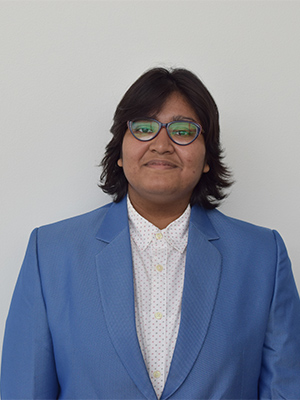
Razeen Shaikh: Shaikh earned a bachelor’s degree in chemical engineering from the Institute of Chemical Technology, Mumbai. She joined Texas A&M for her graduate studies to develop computational and experimental tools to understand and control biomolecular interactions that influence stem cell differentiation in the fruit fly ovary, under the tutelage of Dr. Gregory T. Reeves. She has received numerous awards, including travel support to attend a theoretical biophysics workshop at the HHMI Janelia campus. She has a co-first author article in Oxford Bioinformatics and four others on the way. Shaikh wants to start an independent career to investigate cell-cell signaling in the context of women’s health.
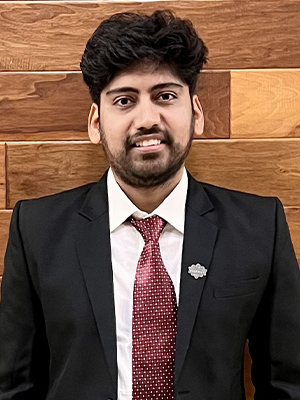
Ratul Mitra Thakur: Thakur, a Phillips Technical Fellowship recipient, pursued his bachelor's in chemical engineering at Jadavpur University, India, and embarked on a doctoral journey at Texas A&M in 2019 under Dr. Jodie Lutkenhaus. His research delves into electrochemical doping effects of redox-active polymers, for organic electrochemical transistors, energy storage and battery recycling. Thakur has nine peer-reviewed articles, including a first-authored piece in the Journal of Material Chemistry C and a co-authored work in Nature Materials. He has showcased his research at esteemed conferences, interned with Tesla's Battery Research and Development team in 2022, and secured the 2023 Society of Plastic Engineers (SPE) scholarship.
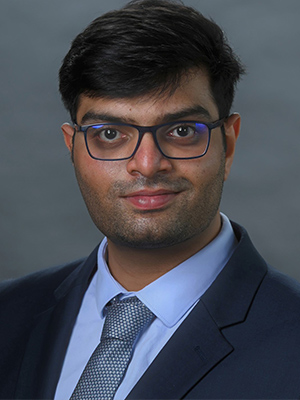
Niraj Ashutosh Vidwans: Vidwans is the recipient of the Coleman Fellowship. He completed a Bachelor of Technology in chemical engineering from the Indian Institute of Technology, Bombay, in Mumbai, India. After completing his undergraduate studies in 2018, he joined Dr. Sreeram Vaddiraju’s group at Texas A&M. In his research, he investigates the mechanisms of photocatalytic disinfection of water using nanowire photocatalysts to improve photocatalysis kinetics. He also works on multiple projects developing large-scale, sustainable photocatalytic disinfection processes. He has published three peer-reviewed journal articles — one as the first author — and presented his work at various international and university-wide conferences.
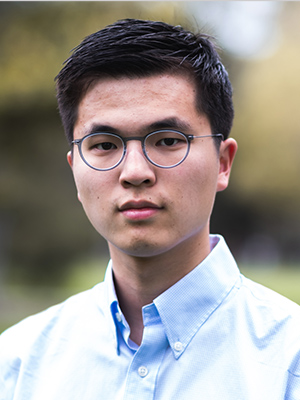
Ray Yoo: Yoo was awarded the Phillips 66 fellowship. He received his bachelor’s degree in biochemical engineering from the University of California, Davis and joined the Texas A&M chemical engineering doctoral program in 2021. He is working with Dr. Abdoulaye Djire, assistant professor in the chemical engineering department. Yoo’s research focuses on the optimization of nitride MXenes for electrocatalytic applications and for spectroelectrochemical analysis. He has been the first author of three publications – two of them in ACS Catalysis – and has co-authored three other publications.